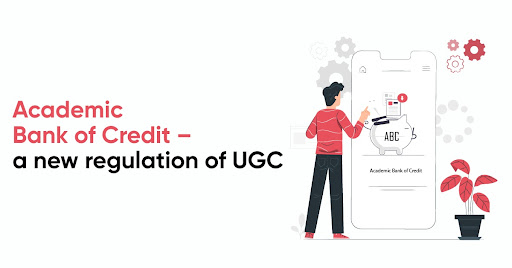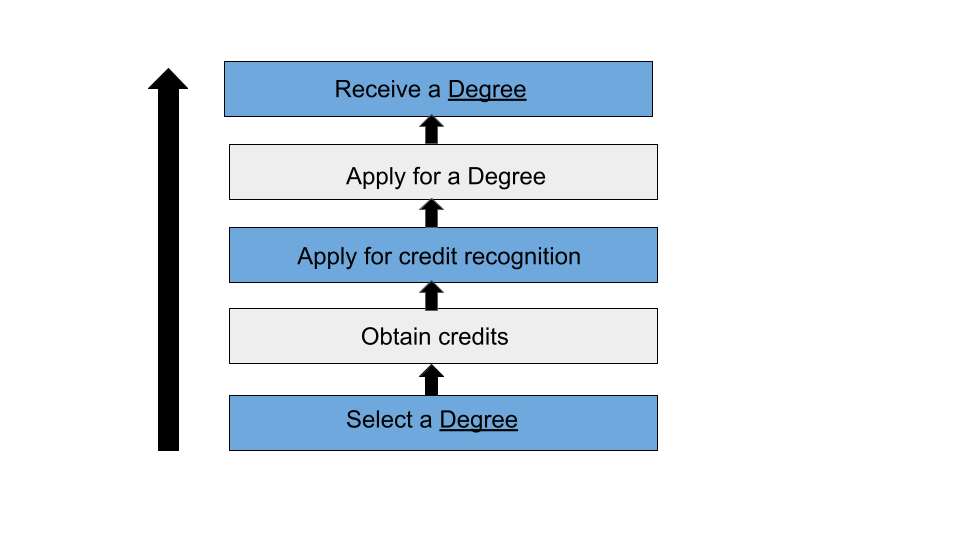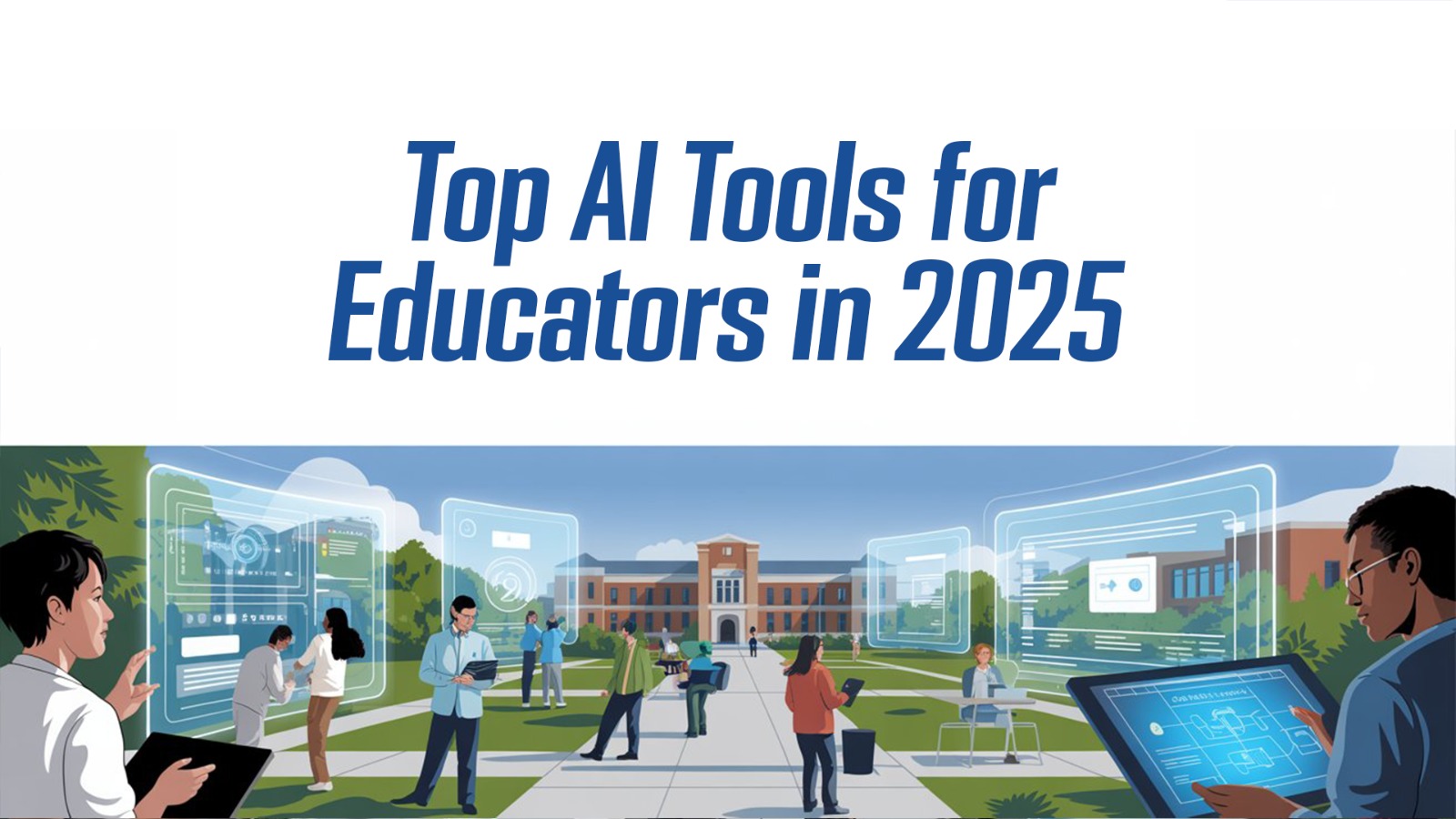
Paulo Freire, a renowned Brazilian Educator critically commented on the traditional system of education as a Banking system of education as it mechanically deposits lifeless knowledge in students without any creative and problem-posing activity.
Contradictory to this vision, a novel concept, the Academic Bank of Credit system announced by the University Grants Commission regulations 2021 is a new stage setter in the lines of providing autonomy to the student’s participation in higher education system. Now, the concept of studentship gives way to leadership in the higher education system, and the learners are no longer in the clutches of rigidity, entailing them to be pressurized for hectic learning. Moreover, this change will catalyze the transformation of society into a creative learning society.
Academic Bank of Credit envisages an open higher Education system that ensures learner accountability and continuous growth. In this system, the mobility of a learner in the educational ladder will be regulated by the credits he accumulates by the way of transfer of credits through Registered Higher Education Institution. Moreover in this system, the students have the privilege to avail the possibility of multiple entries – multiple exits as well as any time, anywhere, and any level of learning.
Like a Bank Account, here an Academic Bank Account is opened in the name of a student who gets enrolled to the higher education system and is operated by the student. The transactions of the Academic Bank of Credit (ABC) include the deposit of the academic credits gained by the students, maintain the credits accumulated and transferred, validate and redeem it for the purposes of the award of degree/diploma/certificate, etc. from the registered university/institutions.
The ABC works as a digital or virtual platform maintained by UGC with the approval of the Central Government. The Academic Bank Account permits the students to mobilize between and within the degree-granting Higher Education Institutions through a formal system.
The accumulation of credits on various types of courses of a program could be categorized as
Core Course: It’s a compulsory part of a program which should be studied by all the students as a core requirement of a program:
Core Elective: These are the courses offered by the main discipline as the discipline-specific elective of a program.
Open Elective Course: This is a course intended for a transdisciplinary exposure of the students. It is generally from an unrelated course of a program.
Skill Enhancement Elective Course: These are value-based or skill-based courses that are selected from a group of courses. The students are free to opt according to their requirements.
Ability Enhancement Elective Course: These courses are mandatory to all disciplines. These courses are based on the content that leads to knowledge enhancement.
The Academic Bank maintains credits of a program in respect of a student based on the above distribution. The students could gain credits through any of the registered institutions by pursuing a course or multiple courses from that institution and transfer the credit to the Academic Bank through that institution.
It is a value assigned to a course that counts for a credential completion of a program. A program is designed in such a way that it includes a pool of courses in various course categories which are mentioned above like Core course, Core elective etc. All such courses will be assigned certain credits which implies the proportion of time in hours that should be allotted for the completion of the course. ABC provides autonomy to the student to complete such courses from any institutions of his choice at any period when the course is available (bound with the regulations of the UGC/institution in terms of admission and period of completion)
The students could accumulate the credits by pursuing the courses from any of the registered institution or university departments, and on successful completion of the course, the credits will get transferred to his Credit Bank Account. A student who wishes to do a graduation/certification program is required to accumulate the required credits for all the credential courses certified for that program. When the student reaches the required level of credits for all the courses for a program, he could redeem it to get a degree from the registered University / Institutions from where he has completed a minimum of 50% of the course.
 Here the student first registers as a learner. The student then accumulates learning experience and credits from the registered institution of his choice. After the accumulation of sufficient credits, the student applies for the recognition of the obtained credits.
Here the student first registers as a learner. The student then accumulates learning experience and credits from the registered institution of his choice. After the accumulation of sufficient credits, the student applies for the recognition of the obtained credits.
The student then applies for the intended degree with the registered university where the entire documents are reviewed on the basis of degree requirements and issue the degree if he could fulfill all the requirements.
For Students: Academic Bank of Credit opens the Higher Educational system by making it liberal and tangible. Here the students can progress through the system with a part-time enrolment and enjoy the privilege of multiple entry and exit. The students will be progressing through a standardized curriculum as credit banks permit inter-collegiate and university mobility for doing a program.
The students get an opportunity to experience learning from multiple institutional cultures and standards. Also, students get the privilege to customize their degree with the subjects according to their taste and industrial demand.
Courses offered through the online modes like National Schemes – SWAYAM, NPTEL, V-Lab, etc., or of any specified university, shall also be considered for credit transfer and credit accumulation. This makes learning more flexible.
However, since the credits earned under the ABC scheme are flexibly kept for a long duration in the interest of students, the validity of such credits earned will be to a maximum period of 7 years or as specified separately by ABC for different subject disciplines to allow the redemption of credits after the date of earning such credits.
Thus, the implementation of the Academic Bank of Credit ensures a bigger realization of individualized and lifelong educational services to its beneficiaries.
For Institutions: The implementation of the Academic Bank of Credit puts the institution on a competitive edge in terms of ensuring quality.
It mandates the higher education institution to maintain continuous development in terms of quality.
University and Autonomous / Affiliated Colleges should be subjected to the condition that they are accredited by NAAC or such body to be recognized in future with at least ‘A’ Grade irrespective of the program are only eligible to be registered under ABC scheme.
In case their accreditation status goes below ‘A’ Grade at any point in time ABC membership shall cease to exist. However, the students enrolled before the change of accreditation status for a given set of courses could enjoy the facility of transfer of credit for the award of degree.
Positively, ABC also improves the course delivery across disciplines. On implementation of the ABC scheme, the demand of the department or the specific course of the department will come into the limelight based on the acceptance of the course among the students.
The fruitfulness and the pitfall in this system are yet to be tested as it is only in the state of infancy in our national context. However, one thing which is relevant is that this change is focusing on a complete transformation of our society to a Creative learning society.
Join us for FREE to get instant email updates!

In the highly competitive landscape of India’s higher education sector, […]

In education, we often ask: What should students learn? But […]

AI isn’t just knocking on the doors of education—it’s already […]

“Over 70% of faculty in Indian autonomous colleges report spending […]

For decades, India’s classrooms have followed a predictable script: students […]

A New Vision for Faculty Assessment As India’s higher education […]
informative and excellent write up
Dear Deepthi John, Thanks for leaving us such wonderful feedback. We are happy that our blog was informative and valuable for you. If you have any queries, feel free to contact us at academicsolutions@ipsrsolutions.com
Thank you
Good